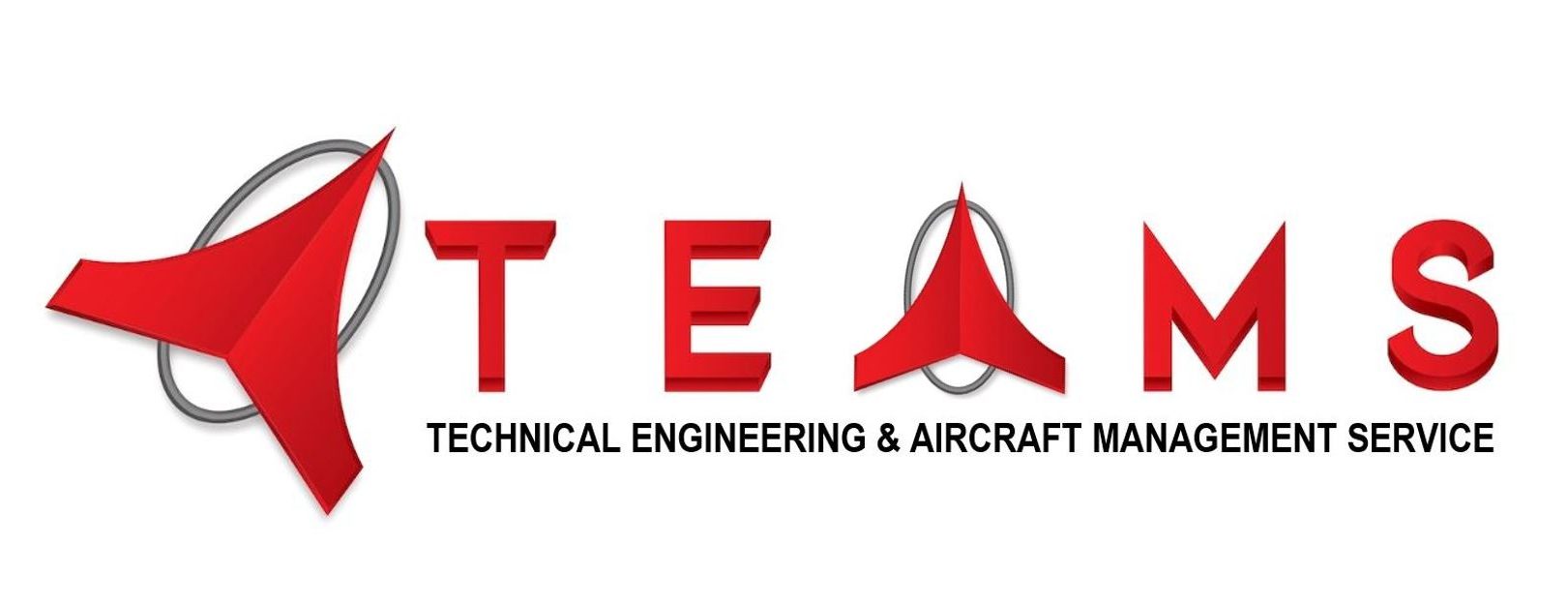3 Ways Blockchain Technology is Disrupting Aviation
The future is already here, it’s just not very evenly distributed, sci-fi author Phillip K. Dick wrote back in the 80s. His words still hold true today, as the world is embracing AI, cryptocurrencies, and virtual reality, all while billions are still unaware of the coming changes. Large and conservative industries, such as civil aviation, are more cautious when it comes to innovations, as every solution needs to be tested a thousand times before being implemented. Nevertheless, first steps are already made.
First of all, what is a blockchain? In simple terms, a blockchain is a 21st-century database that is simultaneously stored on multiple computers. The records thus become difficult to tamper with, as doing so would require immense resources. The application of the blockchain is diverse – from crypto-currencies like Bitcoin, which saw a 1318% rise in 2017, to decentralized application platforms like Ethereum.
So, what are the ways this technology can transform the aviation industry?
Asset management
According to Deloitte, blockchain technology has the power to transform the asset management value chain—and the firms that adopt it early will reap the rewards. Commercial aircraft assets are definitely an untapped market, with a visible lack of standardization. A blockchain solution could potentially replace the network of disparate systems, Justinas Gilys, COO at AviaAM Leasing believes.
“A blockchain registry would, first of all, provide a high degree of transparency,” Gilys told AeroTime.
Transparency brought by a secure ledger would increase the efficiency of transactions for all the parties involved, Justinas Gilys of AviaAM Leasing believes.
“A secure blockchain solution would help to effectively secure the interests of both aircraft owners and financiers.”
Unlike traditional databases, blockchain-based registries are consistent, immutable and secure from outside tampering. But as the technology is still emerging, there are of course potential issues which need to be addressed, FinTech strategist Linas Beliunas believes.
“The irrevocability of records is one of the possible downsides,” Beliunas believes. “Right now, a change in some of the contractual details could cause a problem. But I’m sure this will be taken care of as the technology matures.”
Security
Extensive IT networks have become the backbone of the air travel industry, with every aircraft movement being represented by a stream of data. While bringing efficiency to the table, the same systems opened up doors to hackers. 2017 saw a number of large-scale ransomware attacks by WannaCry and Petya viruses, victims of which included major banks, hospitals, airports and airlines around the world. Would data stored on a blockchain survive such a breach in security?
“Inflexible and cumbersome IT implementations cannot always adapt quickly to incorporate new technologies to stay ahead in the cyber arms race,” according to IFS, a global enterprise software vendor. “Airline systems need inherent agility in order to keep passengers, staff and the business safe from the rising tide of cyber-attacks.”
Airlines around the world are already taking notice. According to a recent SITA Airline IT Trends Survey, the number of airlines gearing up against cyber risks has increased to 91% ın the last three years.
Blockchain solutions, while still a novelty, can help airlines and airports secure their data. In a blockchain, each record or ‘block’ of data has its own timestamp and is encrypted with credentials in a peer-to-peer relationship, which makes malicious tampering extremely difficult, according to IFS. All ‘blocks’ are linked to the previous block of data, meaning the only way to tamper with its content is to have the entire network of trusted peer-to-peer contributors collude to corrupt the chain.
Buying an aircraft with Bitcoin
Crypto currencies, like Bitcoin and Monero, are just one of the multiple solutions built on the blockchain. Once used only by tech geeks, today they can buy you a growing number of digital assets, with more and more vendors accepting “virtual money” for tangible products, even real estate. In September 2017, Sotheby’s International Realty announced having facilitated one of the first US house sales for Bitcoin. It’s a no-brainer that soon purchasing tickets with cryptocurrencies will be easy (some airlines, like Japan’s Peach, already allow that), but it won’t be easy to convince airlines to settle aircraft sales in virtual currencies.
“We do believe that cryptocurrency could have a potential when it comes to financing aircraft,” Justinas Gilys of AviaAM Leasing believes. “However, there is a number of issues that need to be solved beforehand. First and foremost, liquidity and volatility have to be addressed. Current levels of volatility combined with a relatively low level of liquidity make it hard to effectively price the transactions.”
With all things said, blockchain, being the buzzword of the upcoming year, will find its way to multiple applications in different segments of the air travel industry, experts believe. They might take more time to adopt it than, let’s say the advertising industry, but that might actually be a good thing. According to FinTech strategist Linas Beliunas, big and conservative industries, like aviation, are exactly the ones that are doing things right when it comes to blockchain.
„The thing is that this technology is way over-hyped and filled with over-positive expectations,“ Beliunas told AeroTime. „As I’ve been arguing this for quite a while, many leaders and executives see it as a magic word and a solution to all of their pain points. And this is most definitely not the case. What they should be doing is their research trying to identify their specific use cases and tailored solutions instead of jumping straight on the bandwagon. But lessons will be learned, one way or another.“
SOURCE: www.aerotime.aero
Photo Credits: www.blockgeeks.com

